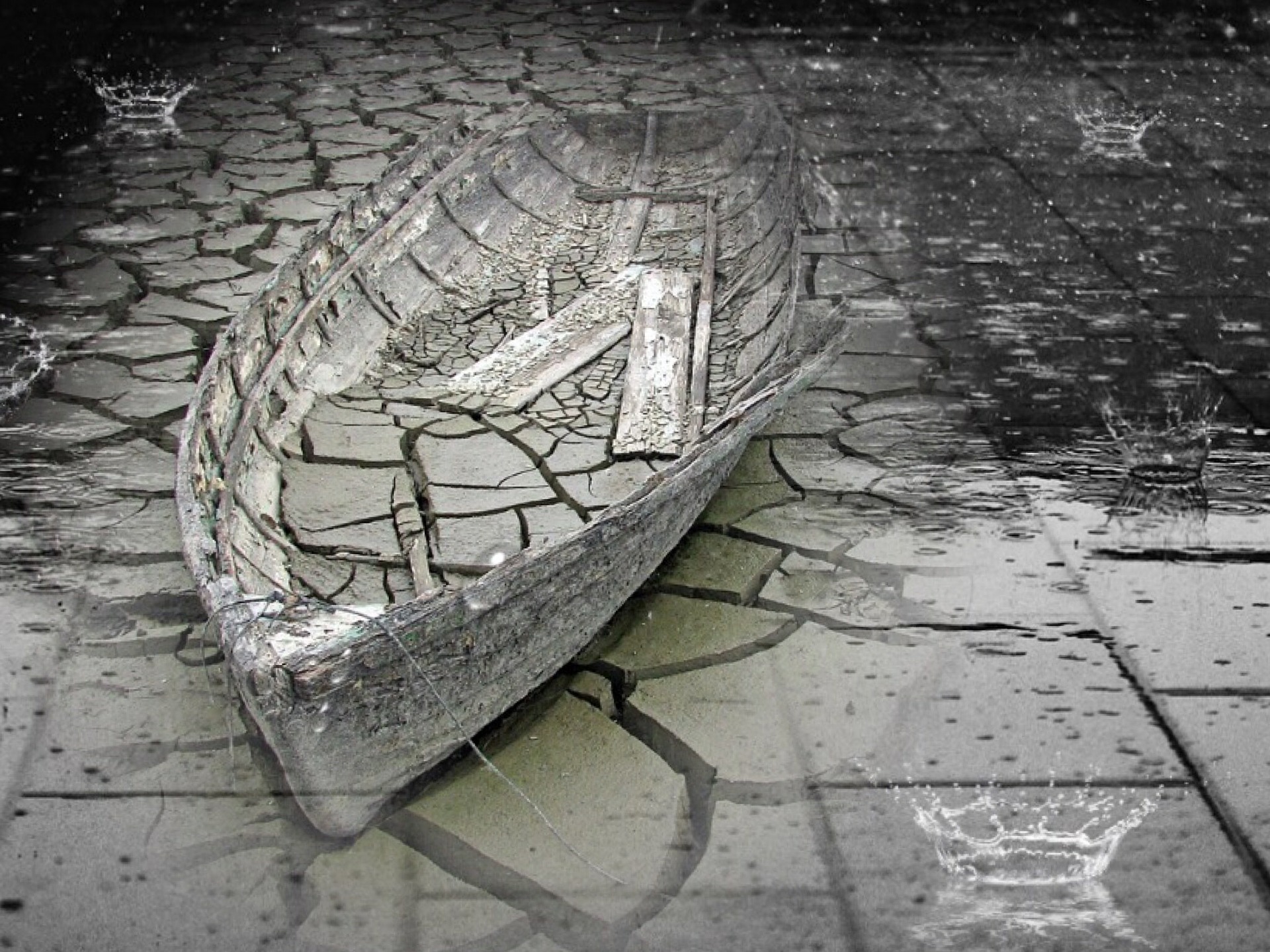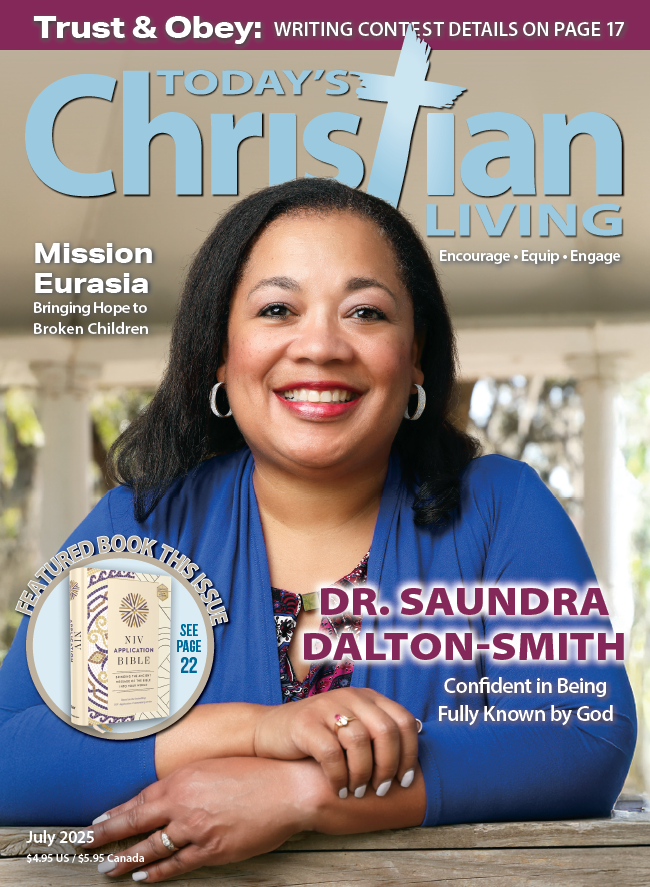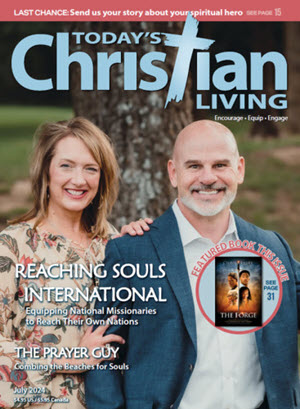Within the Christian sphere of media, music, and preaching, I’ve often heard that we should “forgive ourselves.” But forgiving ourselves is not only unnecessary, it’s unbiblical. When we accept this erroneous principle, we’re denying the very power that has set us free from sin and death, and it makes us incapable of walking in the Spirit and living effectively as Christians.
Lack of Biblical Support
An excellent explanation of this unbiblical belief is found in The Biblical Counseling Foundation’s (BCF) course on Self-Confrontation, which provides topical scriptural references and practical applications for living out God’s Word. BCF points out that the principle of “forgiving ourselves” has no biblical support. Nowhere in Scripture is it suggested that we are to forgive ourselves. In fact, Scripture only references two aspects of forgiveness: our ability to be wholly accepted and forgiven by God through Christ (Col. 1:13–14), and our requirement to wholeheartedly forgive others as God forgave us (Matt. 18:32–33, Eph. 4:32, Col. 3:13).
Positional Forgiveness Versus Experiential Forgiveness
The concept of “forgiving ourselves” is usually tied to an inability to forget what we have done or detach ourselves from feelings of guilt from past sins. But for those who have repented of their sins and had their sins washed away, there is no condemnation in Christ (Rom. 8:1). The desire to seek to rectify wrongs is understandable, and we should act on that as God prompts us, but these feelings do not support the need to forgive ourselves. The Word says that if we have sincerely repented of our sins and are “in Christ,” we are fully forgiven and cleansed from all unrighteousness (1 John 1:9). We need to understand and accept that we are already forgiven, but we must first internalize that truth positionally (that is, in our status in Christ) before we can internalize it experientially (freedom from feelings of guilt).
The Cross Is Sufficient
The additional problem with the concept of forgiving ourselves is that it implies that there is something more that needs to be done beyond Jesus’ atoning sacrifice through His death on the cross. If we could forgive ourselves, then we wouldn’t need a savior. And if there was still a need to forgive ourselves for present sin, then the work of our Savior wasn’t sufficient.
Press Forward to Your High Calling in Christ
Christian brother or sister, please know that I, too, have wrestled with enormous sin in my past and have continued in my self-condemnation more than once. But God has broken these chains for us. We are no longer slaves to them, our past, or the mistaken idea that we need to forgive ourselves. We are in Christ and, as such, we need to take the focus off our past and press forward to what lies ahead, the goal of the prize of the high calling of God in Christ Jesus (Phil. 3:13–14).









